News
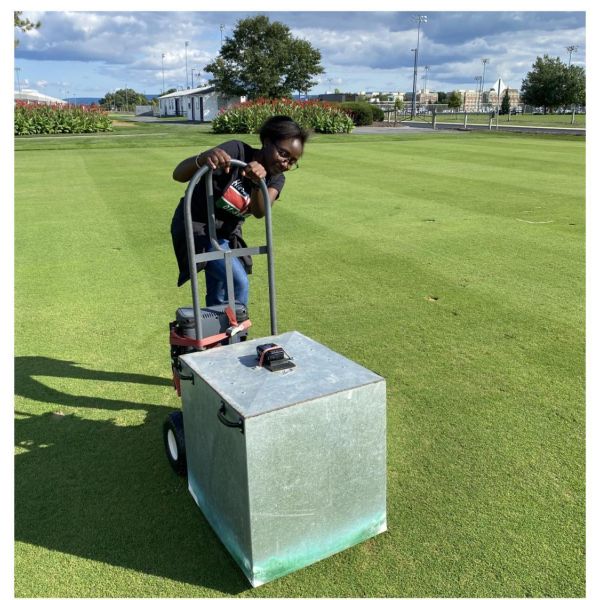
Jul 08, 2025
Fungicides intended to suppress turfgrass diseases may damage fairways
Golf course managers have much more insight into which fungicides to use to suppress turfgrass diseases, such as the common and costly dollar spot disease, without damaging the grass on their fairways, thanks to a new study by researchers at Penn State.
Full Article
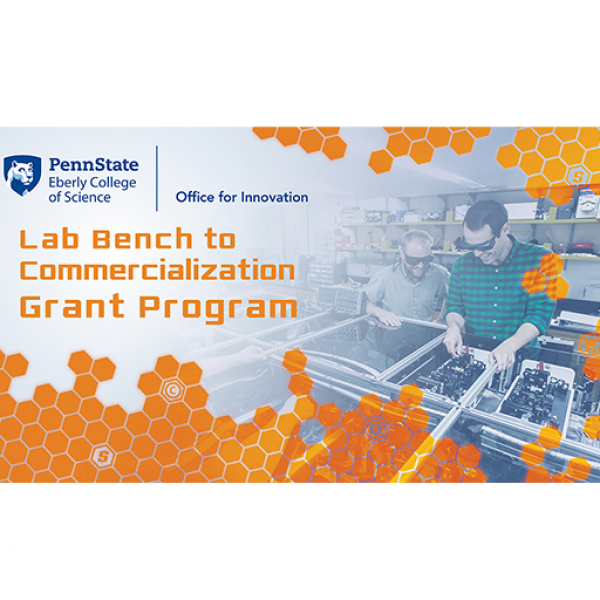
Jul 01, 2025
Lab Bench to Commercialization program broadens its scope
Eberly College of Science seed grant program to shift emphasis to earlier development of research, focusing on societal impact and career readiness.
Full Article
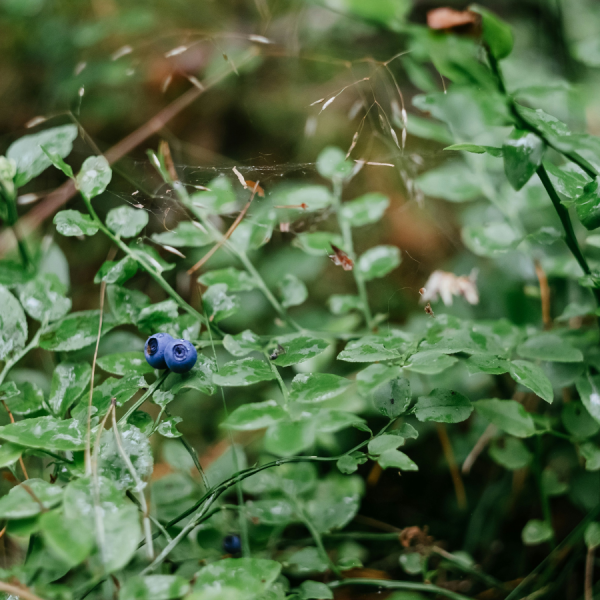
Jun 25, 2025
Warmer spots within fields have more blooms and more bees
Climate can vary across large areas of land, but it also can vary within much smaller areas such as farms. A new study by researchers at Penn State examined whether these microclimates — the climate of a very small or restricted area — affect pollination by both wild and managed bees and resulting wild blueberry yields.
Full Article
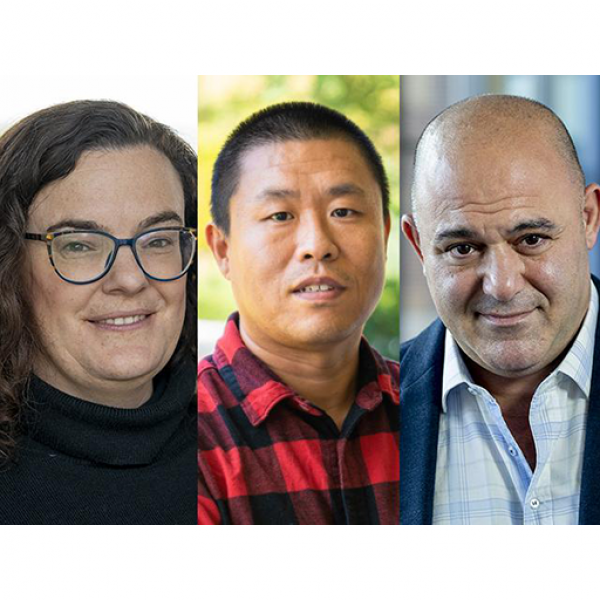
Jun 30, 2025
Huck announces 2025-26 Leadership Fellows
Three faculty members, representing three different Penn State colleges, have been named Huck Leadership Fellows for the 2025-26 academic year.
Full Article
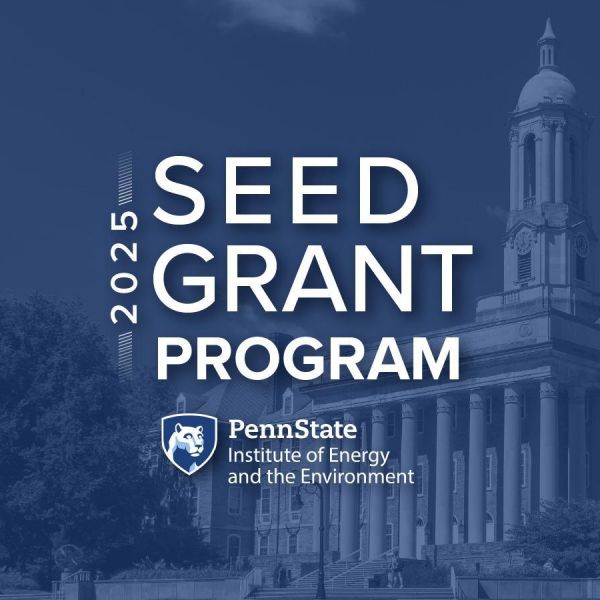
Jun 24, 2025
Ten interdisciplinary research teams awarded IEE seed grants
Ten interdisciplinary research teams have received funding through the Institute of Energy and the Environment’s (IEE) 2025 Seed Grant Program.
Full Article
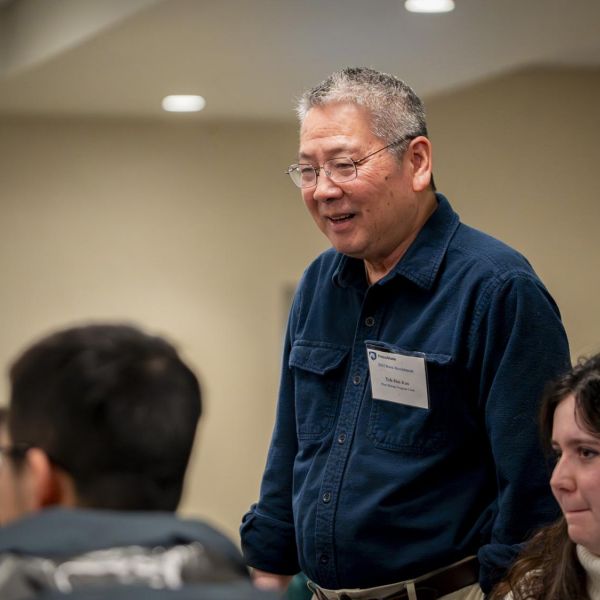
Jun 24, 2025
Kao steps down as plant biology graduate program chair
Teh-hui Kao, distinguished professor of biochemistry and molecular biology, has stepped down as chair of the Intercollege Graduate Degree Program (IGDP) in Plant Biology after 26 years in the role.
Full Article
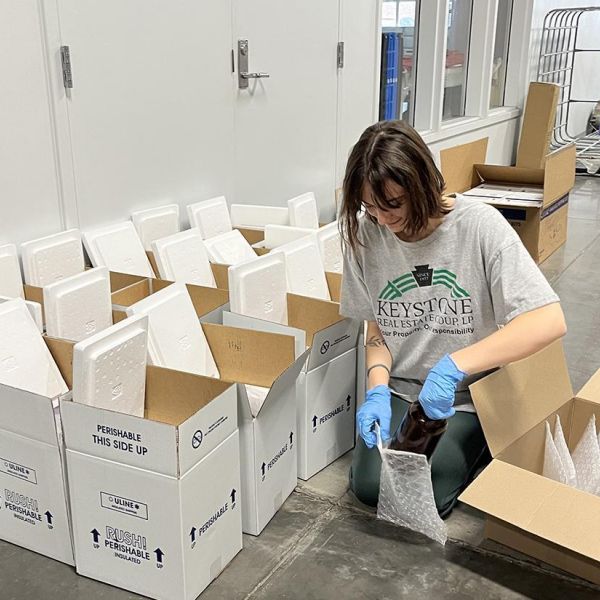
Jun 16, 2025
‘Forever chemicals’ detected in 65% of sampled private wells in Pennsylvania
Researchers find 18% of sampled wells have PFAS levels beyond drinking water standards; compounds detected most often, and in the highest concentrations, in wells in the southeastern part of the state.
Full Article
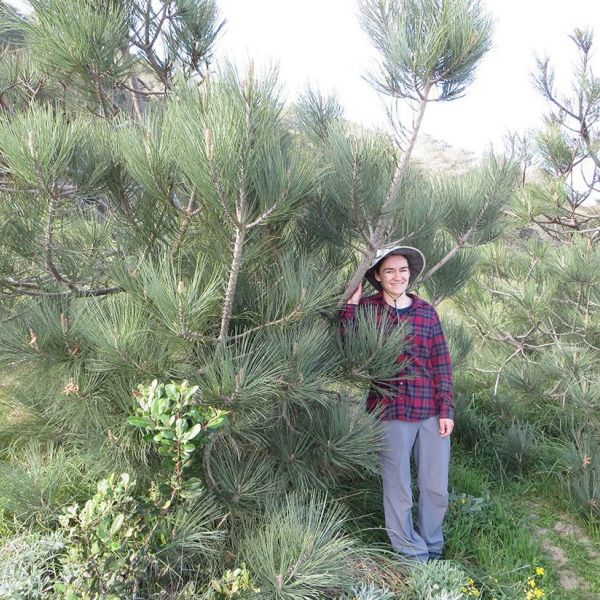
Jun 03, 2025
Isolated Torrey pine populations yield insights into genetic diversity
Researchers find a few genes that allowed trees from insular populations to adapt to local conditions may inhibit their adjustment long term to a new location.
Full Article
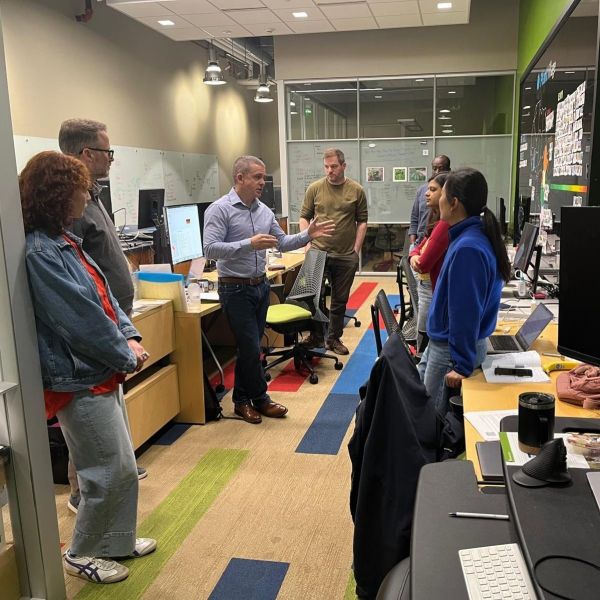
Jun 03, 2025
Penn State’s Youth Food Lab attends UN Science, Technology, Innovation forum
Penn State’s College of Agricultural Sciences was represented on the global stage as faculty and students participated in the United Nations’ 10th Multi-stakeholder Forum on Science, Technology and Innovation for the Sustainable Development Goals, held at U.N. headquarters in New York City earlier this month.
Full Article

May 29, 2025
Biology professor, Huck associate operations director to retire
After a decade of service to the Huck Institutes of the Life Sciences and a distinguished academic career spanning four decades, James Marden, professor of biology and associate director of operations, will retire from Penn State at the end of June.
Full Article